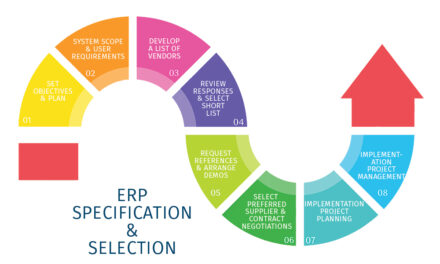In recent years, the integration of Artificial Intelligence (AI) in healthcare has transformed the landscape of patient care worldwide. Canada, known for its progressive approach to healthcare, is at the forefront of embracing AI technologies to enhance medical services. This blog explores the revolutionary impact of AI in healthcare within the Canadian context, shedding light on the remarkable advancements and their implications for patient care.
1. AI in Diagnostics and Imaging:
Redefining Precision Medicine
One of the key areas where AI is making significant strides is in diagnostics and medical imaging. AI algorithms analyze complex medical images, such as MRIs and CT scans, with unparalleled accuracy. In Canada, this has led to faster and more precise diagnoses, enabling healthcare professionals to tailor treatments to individual patients and improve overall outcomes.
2. Predictive Analytics for Patient Care:
Anticipating Health Issues
AI’s ability to analyze vast amounts of patient data has paved the way for predictive analytics. In Canada, healthcare providers are leveraging AI to identify potential health risks before they escalate, allowing for proactive interventions. This not only improves patient outcomes but also reduces the burden on the healthcare system by preventing the progression of diseases.
3. Virtual Health Assistants:
Enhancing Patient Engagement
Virtual health assistants powered by AI are becoming integral in Canada’s healthcare ecosystem. These AI-driven interfaces provide patients with personalized information, medication reminders, and even emotional support. This not only fosters patient engagement but also ensures a more patient-centric approach to care.
4. Drug Discovery and Personalized Medicine:
Accelerating Innovation
AI is revolutionizing the drug discovery process, particularly in Canada’s pharmaceutical industry. By analyzing vast datasets and predicting potential drug interactions, AI expedites the development of new medications. This contributes to the growth of personalized medicine, ensuring treatments are tailored to an individual’s genetic makeup.
5. Streamlining Administrative Tasks:
Improving Operational Efficiency
AI is also playing a crucial role in optimizing administrative tasks within the Canadian healthcare system. Automation of routine processes, such as appointment scheduling and billing, allows healthcare professionals to focus more on patient care. This increased operational efficiency contributes to a smoother healthcare experience for both providers and patients.
Conclusion:
As we witness the integration of Artificial Intelligence into Canada’s healthcare system, the future looks promising for patient care. From accurate diagnostics to personalized treatments and enhanced patient engagement, AI is reshaping the way healthcare is delivered. While challenges and ethical considerations persist, the potential benefits for Canadians are vast, promising a healthcare system that is more efficient, proactive, and patient-centered.
About the Author:
Pritish Kumar Halder is a healthcare technology enthusiast with a keen interest in the intersection of artificial intelligence and patient care. With a background in healthcare informatics, Pritish Kumar Halder is passionate about exploring innovative solutions that improve healthcare outcomes.











